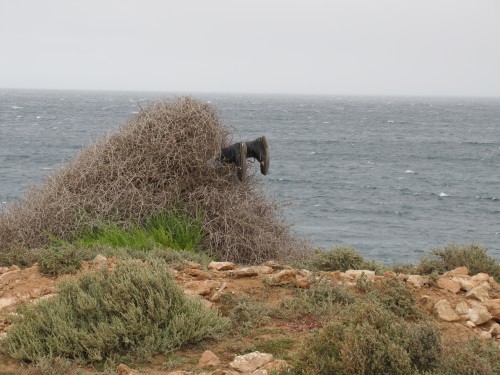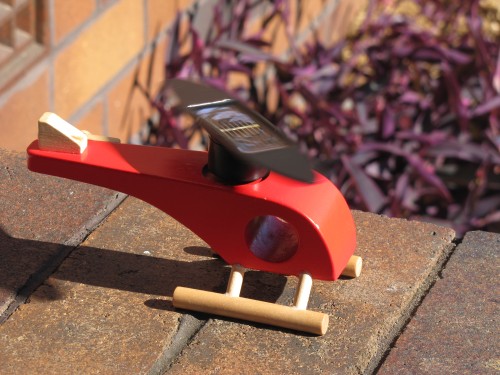
As regular readers woud know I do regular reviews of books here on my writing site. Every writer should be an avid reader, and I enjoy sharing what I am reading with regular visitors to this site.
This time the review is a little different. Normally I would review books about writing, novels I’ve read or volumes of poetry. I have also reviewed children’s books, including picture books on occasions. (Click here to read more of my reviews.)
This review focusses on a Field Guide to the Birds of Colombia. As my long term readers would know, I also write articles about and post photos of Australian Birds on Trevor’s Birding site. I’m not going to write a new review of this book here. If you are interested in reading this review, click here.
Why Colombia?
This book was given as a special gift to a close family member who has close connections with Colombia. One day I hope to get to that fascinating country and do some birding. Of all the countries in the world, Colombia has more bird species than any other, with nearly 1800 different kinds. By way of comparison, Australia has about 800 different birds.
 From a very early age I wanted to be a writer. When I was about age 8 I was given a toy typewriter, probably the same as the one pictured above. This was one available in 1955, about when I was 8 years old. It wasn’t a true typewriter because it had a false keyboard. The letters were formed by turning the central dial to the required letter and then pressing the lever which then left an impression of the letter on the paper. It was a tedious process and operated in a similar way to early dial operated labelling machines (eg Dymo).
From a very early age I wanted to be a writer. When I was about age 8 I was given a toy typewriter, probably the same as the one pictured above. This was one available in 1955, about when I was 8 years old. It wasn’t a true typewriter because it had a false keyboard. The letters were formed by turning the central dial to the required letter and then pressing the lever which then left an impression of the letter on the paper. It was a tedious process and operated in a similar way to early dial operated labelling machines (eg Dymo).
